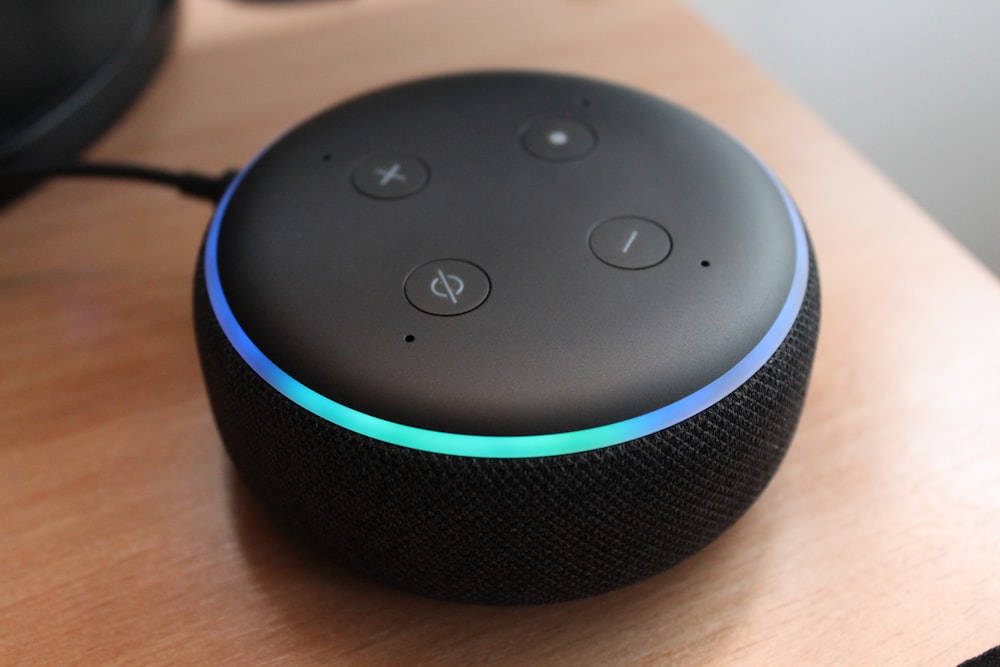Echoes of Innovation: The Journey of Amazon's Alexa and Insights for OpenAI's GPT Store
This article explores the similarities between the launches of Amazon's Alexa and OpenAI's GPT store. It uses Alexa's journey from hype to reality as a guide for new platforms.
Last week marked a significant milestone as OpenAI unveiled its highly anticipated GPT store, granting public access to custom bots/apps called GPTs. With over 3 million GPTs already created and 159,000 available for use, this new platform has rapidly become the focal point of the AI industry.
However, this fanfare feels familiar for those of us who have been in tech for a while. In 2014, Amazon unveiled a magical new product that promised to revolutionize how we interact with technology. The Echo smart speaker, powered by a voice assistant named Alexa, captured imaginations with its ability to simplify daily tasks through conversational commands. However, Amazon's journey shows that realizing the full potential of groundbreaking technology requires overcoming unforeseen hurdles. As the OpenAI store writes its opening chapter, Alexa's story provides valuable lessons about managing expectations amid the hype and embracing the unpredictability of innovation.
The Promise and Potential of Alexa's Debut
When Amazon introduced the Echo, the initial reaction was tremendously positive, with Alexa capturing imaginations about the future of voice technology. In a 2017 letter to shareholders, Amazon CEO Jeff Bezos revealed how optimistic projections were, saying "We far exceeded them. We do not see positive surprises of this magnitude very often – expect us to double down."
Having missed out on the smartphone boom, Amazon hoped Alexa would open up a vast new ecosystem of voice-powered apps and revenue streams. To turn Alexa into a platform, Amazon announced that new 'skills' could be added, essentially voice apps. They launched a $200 million Alexa Fund to invest in companies building skills. Early skills let you order an Uber or Domino's pizza by voice. Hotels began offering in-room Alexas. Marketing firms saw huge potential, and new home builder Lennar announced plans to offer Alexa built-in to all homes. Major publishers like Hearst formed voice teams to build skills, eager to tap this new platform. By 2017, over 7,000 Alexa skills were available, highlighting the initial excitement around Alexa's possibilities.
Betting on Alexa as a Revenue Engine
The business strategy behind Alexa made sense on paper. Amazon sold Echo devices at cost, aiming to rapidly gain market share and seed homes with a voice-powered platform that could eventually be monetized.
Competition arrived quickly, with Google launching Home and Apple debuting HomePod. But influential tech strategist Ben Thompson was bullish, calling Alexa Amazon's "operating system." Wall Street also bought into the vision. A 2018 report from RBC Capital Markets dubbed voice technology the "Voice Activated Internet" and projected it would become a mega-hit. They expected Alexa to produce $10 billion in high-margin revenue for Amazon by 2020.
The analysts' thesis was that once 100 million Alexa devices were in use, Amazon could tap into lucrative platform revenues as people purchased premium skills. The voice platform gold rush had begun, with Amazon poised to capitalize on its early mover advantage. But alas, things don't always go according to plan.
Winning Hearts, Not Revenue
Despite selling over 100 million Alexa-enabled devices by 2018, things did not unfold as Amazon had hoped. In 2022, Business Insider reported that the Alexa division was on track to lose $10 billion that year. Layoffs hit Alexa hard when Andy Jassy took over as CEO in 2021, with some employees calling Alexa a “colossal failure.”
By Alexa’s fourth year, it was fielding over a billion interactions a week, but most were trivial questions about weather or music requests – not purchases or other monetizable actions. Studies found the “halo effect” of Alexa users spending more on Amazon fell short of projections.
While Amazon dominates the smart speaker market with 67% share and over 130,000 skills available, the market itself is shrinking. IDC predicts the smart home market will contract.
The Long Road from Hype to Impact
As we reflect on Alexa's debut and the launch of OpenAI's GPT store, there are enlightening parallels between the thrill and uncertainty of pioneering platforms. When Alexa emerged, many believed voice would be the inevitable future of search, posing a threat to Google if Amazon owned this channel. Voice input made intuitive sense for searching—why type when you can speak? Alexa's ascent seemed to position Amazon to control the gateway to search, now by voice instead of the search bar. Today, similar proclamations are being made about ChatGPT supplanting search as we know it. The GPT store also suffers from the discoverability problem that plagued the smart speaker apps. Yet large language models may finally fulfill the promise of conversational AI - putting the smart in "smart speaker."
See Also:



